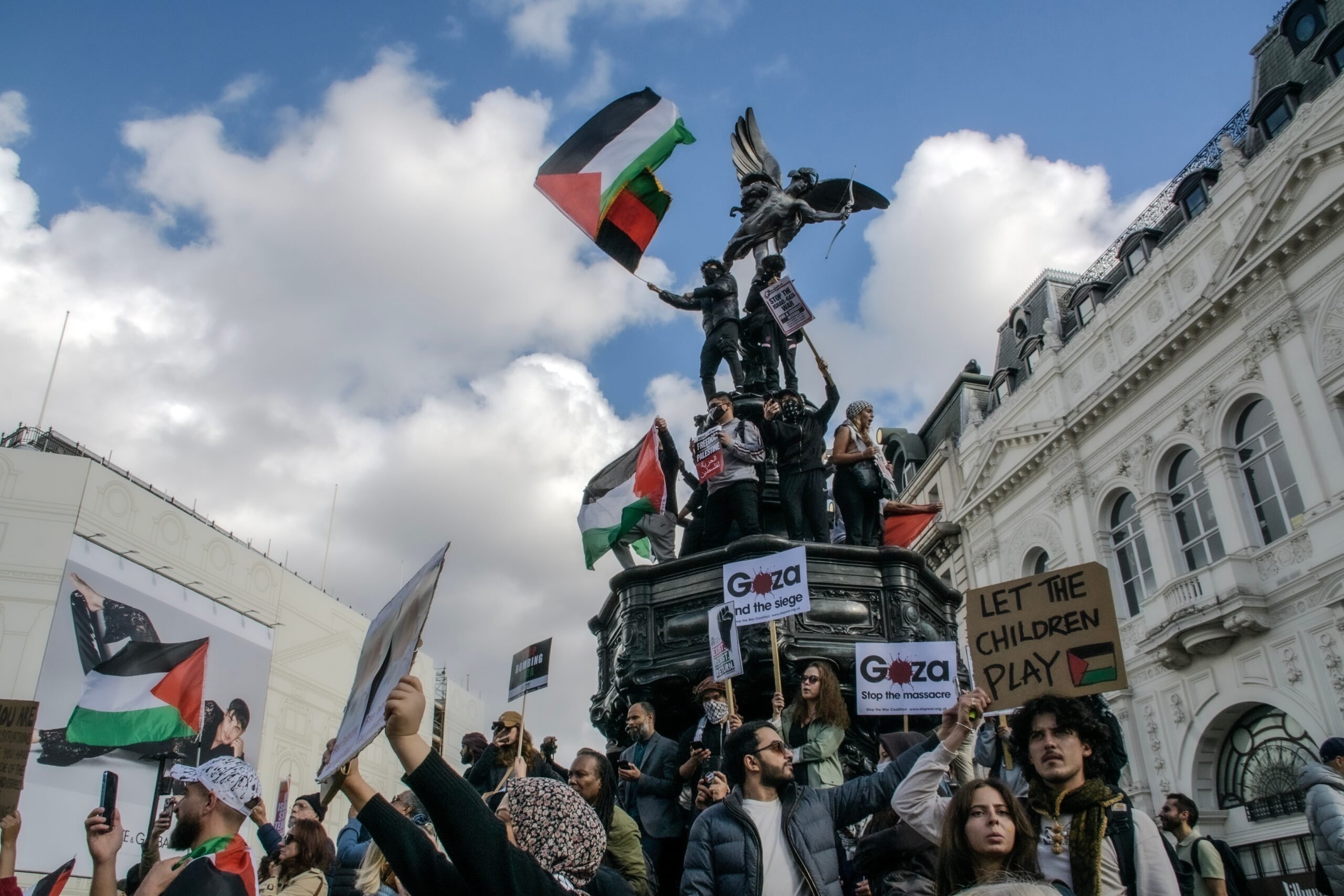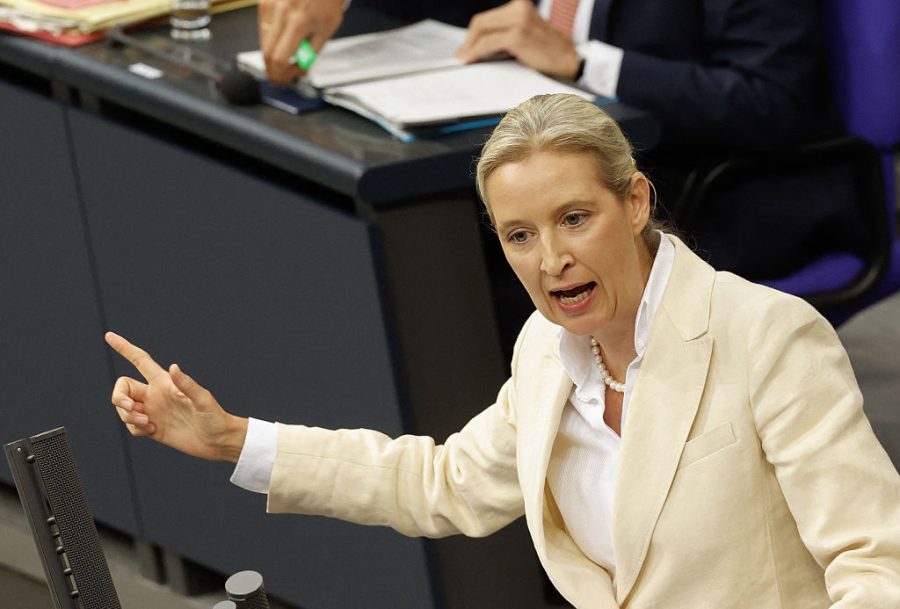
The French minister threatened Israel with punitive measures via the European Commission, which is discussing possible actions this week.
By Mike Wagenheim, JNS
Monday’s United Nations conference on the subject of a two-state solution offers “a rare and indispensable opportunity” that “can and must serve as a decisive turning point,” António Guterres, the U.N. secretary-general, said at the opening of the two-day event.
Faisal bin Farhan Al-Saud, the Saudi foreign minister whose county was one of the event co-hosts, told attendees that the kingdom’s view has “always been” that Fatah, the Palestinian Authority and the Palestine Liberation Organization “are the only legitimate representative of the Palestinian people.”
“That continues to be the case,” the Saudi diplomat said.
France, which has said that it will recognize a Palestinian state during the U.N. General Assembly in September, also co-hosted the conference.
Jean-Noël Barrot, the French foreign minister, told attendees that Palestinian Authority leader Mamhoud Abbas “wrote a letter and thus mobilized himself for peace by condemning, for the first time, military attacks of Oct. 7, calling for the release of hostages, the disarmament of Hamas and for Hamas’s exclusion from the governance in Gaza.”
Abbas penned that letter on Jun. 9, about 20 months after Oct. 7. Barrot stated on Monday that Abbas’s letter was the reason that Emmanuel Macron, the French president, decided to recognize a Palestinian state.
Israel does not allow the Palestinian Authority to govern Gaza, noting the latter’s inability to thwart terror within its own area of governance in Judea and Samaria, and Abbas’s weak grip on power.
Barrot said that other Western countries will confirm their intention to recognize a Palestinian state during their time in New York this week. He didn’t specify which countries, and none made such a statement on Monday.
“Historic commitments have been crystallized,” Barrot said. He added that a “common vision of Gaza” will be adopted at the conference, “based on the international notion of stabilization.”
He also said that Saudi Arabia and other Arab and Muslim countries “for the first time, will condemn terrorism, the acts of terror on Oct. 7, call for the disarmament of Hamas and express their hope to have a normalized relationship with Israel in due time.”
It was unclear on Monday which countries would sign on to such a statement.
The French minister also threatened Israel with punitive measures via the European Commission, which is discussing possible actions this week.
“We know exactly what terms Israel must meet. It owes the Palestinian Authority over $2 billion,” Barrot said, referring to tax revenues Israel has collected on behalf of the authority but refused to disperse to compensate for the stipends that the authority pays to terrorists for their crimes.
Barrot demanded that Israel halt construction in the so-called E1 area of Judea and Samaria, which could block a contiguous Palestinian territory in Judea and Samaria.
The French official also said that the Gaza Humanitarian Foundation is a “militarized system that has resulted in a bloodbath.” (The foundation, which disputes that charge, is on pace to deliver its 100 millionth meal this week.)
Both the French and Saudi ministers said that despite Washington’s strong rejection of the conference and Macron’s decision to recognize a Palestinian state, their visions align with those of U.S. President Donald Trump.
“We think it’s very compatible with the steps undertaken by President Trump during his first term, in the Abraham Accords, for example,” Barrot said.
The Saudi minister said that Trump “can be a catalyst for an end to the immediate crisis in Gaza and potentially a resolution of the Palestinian-Israeli conflict in the long term.”
“So obviously, we, as strong partners of the United States, continue to work closely with the United States on many issues, and we hope that the United States will continue to lead in the efforts for peace,” he said.
The Saudi official dismissed the idea of Israeli-Saudi normalization prior to a Palestinian state.
Anita Anand, Canada’s foreign affairs minister, announced that Ottawa was pledging about $7.3 million “for the Palestinian Authority to assist in its much needed reform.”
States are expected to sign a series of memoranda of understanding on Tuesday to reinforce Palestinian Authority institutions.
The post US skips UN two-state solution event, but hosts France and Saudi say they align with Trump appeared first on World Israel News.



 (@Gloz111)
(@Gloz111) 





